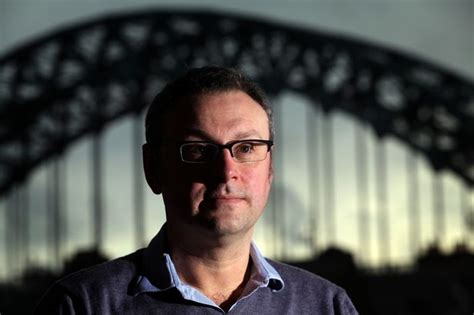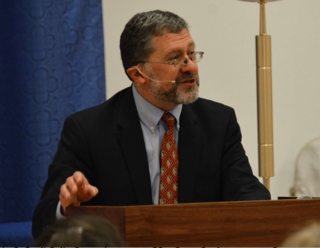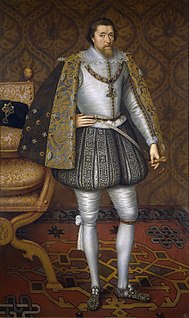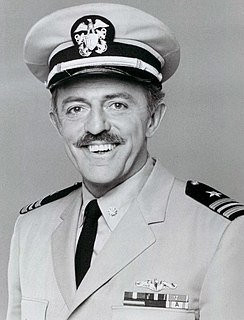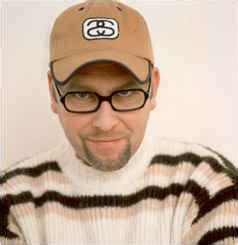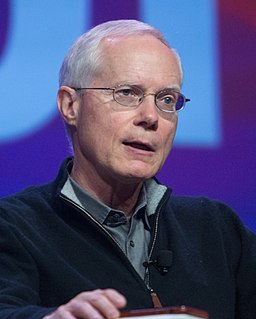A Quote by Lee Hall
From kings to groundlings, Shakespeare made his work profound for everybody. That is how it should be. There is no hierarchy in theatre. It makes everyone part of a collective.
Related Quotes
In the tangled hierarchy sinner and saint, divine and diabolical, sacred and profane are different faces of our collective Being. Therefore angry activism driven by rage, however justified it seems, is really not going to work. I believe that the tangled hierarchy wants us to move to the next state of evolution and very strongly desires us to take that quantum leap of creativity.
The widely accepted assertion that, only if you let markets be will everyone be paid correctly and thus fairly, according to his worth, is a myth. Only when we part with this myth and grasp the political nature of the market and the collective nature of individual productivity will we be able to build a more just society in which historical legacies and collective actions, and not just individual talents and efforts, are properly taken into account in deciding how to reward people.
But Shakespeare one gets acquainted with without knowing how. It is a part of an Englishman's constitution. His thoughts and beauties are so spread abroad that one touches them everywhere; one is intimate with him by instinct. No man of any brain can open at a good part of one of his plays without falling into the flow of his meaning immediately.
At the happy ending of the Tempest, Prospero brings the kind back togeter with his son, and finds Miranda's true love and punishes the bad duke and frees Ariel and becomes a duke himself again. Everyone - except Caliban - is happy, and everyone is forgiven, and everyone is fine, and they all sail away on calm seas. Happy endings. That's how it is in Shakespeare. But Shakespeare was wrong. Sometimes there isn't a Prospero to make everything fine again. And sometimes the quality of mercy is strained.
